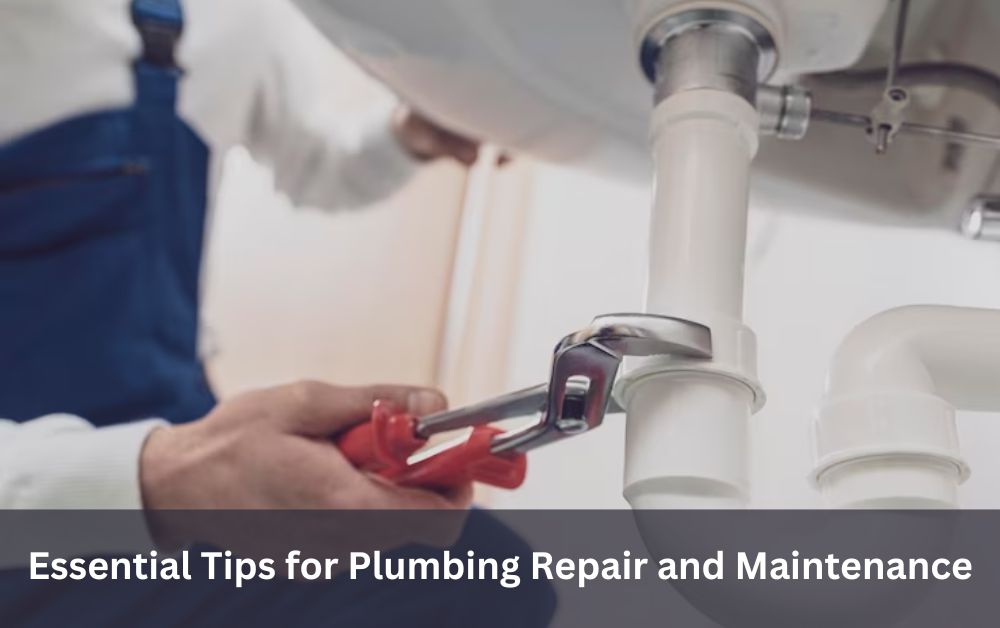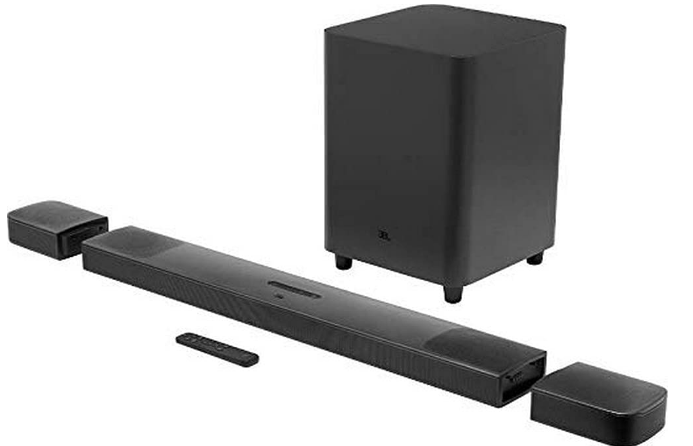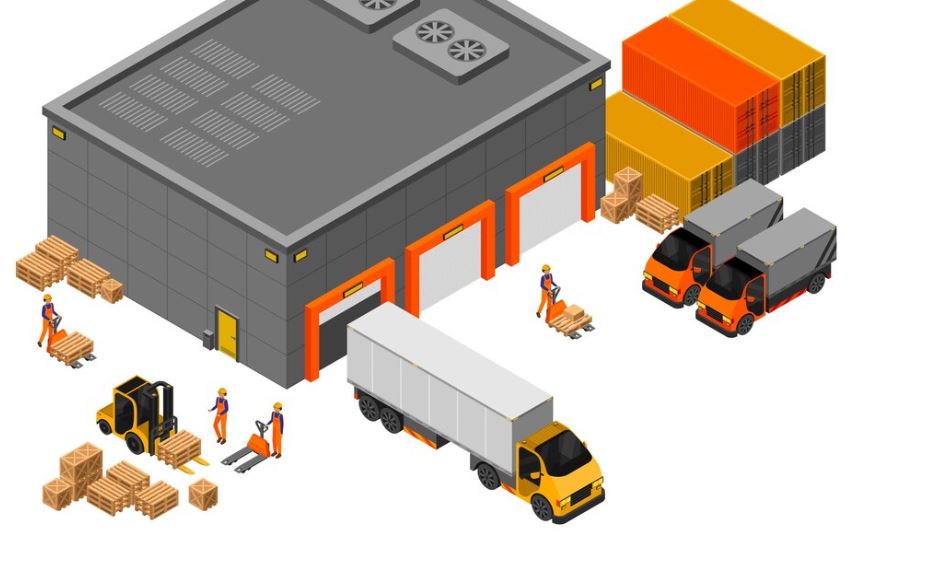Introduction
Dealing with plumbing in your home doesn’t have to be a daunting task. Whether it’s a leaky faucet, a clogged drain, or just regular upkeep, understanding the basics of plumbing repair and maintenance can save you time and money. This blog aims to simplify plumbing care, making it accessible to everyone. Let’s dive into the world of plumbing and learn how to keep our water systems running smoothly!
Understanding the Importance of Plumbing Maintenance
Preventing Major Issues
Regular maintenance of your plumbing system is crucial. It helps prevent minor problems from turning into major ones, which can be costly and inconvenient to fix.
Extending the Life of Your Plumbing
Regular upkeep extends the life of your plumbing fixtures and pipes. It keeps everything working efficiently, saving you from early replacement costs.
Common Plumbing Repairs
Fixing Leaky Faucets
A leaky faucet is not only annoying, but it can also lead to higher water bills. Fixing it usually involves replacing a washer or tightening a few screws.
Unclogging Drains
Clogged drains are a common issue in many homes. While a plunger can sometimes do the trick, more stubborn clogs might require a plumber’s snake or a chemical drain cleaner.
DIY Plumbing Maintenance Tips
Regularly Check for Leaks
Keep an eye out for leaks under sinks and around toilets. Catching leaks early can prevent water damage and save on water costs.
Clean Faucets and Showerheads
Mineral buildup can clog faucets and showerheads. Regular cleaning with vinegar can help remove these deposits and improve water flow.
When to Call a Professional Plumber
Major Repairs and Installations
For major repairs, installations, or if you’re unsure about a problem, it’s best to call a professional plumber. They have the experience and tools to handle complex issues safely.
Routine Inspections
Consider having a professional plumber inspect your plumbing system annually. They can spot potential problems and advise on necessary maintenance.
Preparing for a Plumber’s Visit
Clear the Area
Before the plumber arrives, clear the area around the problem. This will give them easy access and help them fix the issue more efficiently.
Know Your Plumbing System
Having a basic understanding of your plumbing system can help you explain the problem more clearly to the plumber.
Cost-Effective Plumbing
Comparing Costs
Get estimates from different plumbers for larger jobs. This will help you find the best price and service for your needs.
Investing in Quality
Choosing high-quality fixtures and materials can save you money in the long run, as they are less likely to need frequent repairs or replacements.
Preventive Measures to Avoid Plumbing Issues
Avoiding Clogs
Be mindful of what you put down your drains. Avoid flushing anything other than toilet paper and avoid pouring grease down the kitchen sink.
Seasonal Checks
Certain plumbing issues can arise with the changing seasons. For example, check for pipe insulation in the winter to prevent freezing.
Dealing with Plumbing Emergencies
Shutting Off the Water
In case of a major leak, know how to shut off the water supply to prevent further damage.
Emergency Kit
Keep a basic plumbing emergency kit, including a plunger, plumber’s tape, and a few essential tools, to handle minor issues immediately.
Building a Relationship with a Trusted Plumber
Finding a Go-To Professional
Having a trusted plumber you can call for advice or in emergencies can be invaluable. Build a good relationship with a local plumbing professional for peace of mind.
Regular Services
Regular services by a trusted plumber can keep your system in top condition and help you avoid unexpected problems.
Also Read – Your Go-To Guide For Choosing A Plumbing Services Company
The Importance of Regular Plumbing Maintenance
Keeping Your System Efficient
Regular plumbing maintenance is crucial for keeping your system running efficiently. It helps in identifying potential problems early, thereby avoiding costly repairs down the line.
Extending the Lifespan of Plumbing Fixtures
Routine maintenance can significantly extend the lifespan of your plumbing fixtures and pipes. It ensures they continue to function properly and efficiently for years to come.
Tackling Common Plumbing Repairs
Addressing Dripping Faucets
Dripping faucets are not only annoying but also wasteful. They often indicate worn-out washers or O-rings which are simple to replace with basic tools.
Managing Slow Draining Sinks
Slow draining sinks are typically due to blockages. These can often be resolved with a plunger or a plumber’s snake. Baking soda and vinegar can also be effective for minor clogs.
DIY Plumbing Maintenance Techniques
Inspecting Pipes Regularly
Regularly inspect your pipes for signs of wear and tear, such as leaks or corrosion. Catching these issues early can prevent more serious problems.
Cleaning Showerheads and Faucets
Mineral build-up can block showerheads and faucets, affecting water flow. Cleaning them regularly with a descaling solution can prevent this.
Knowing When to Call a Professional
Complex Repairs and Installations
For complex repairs or installations, it’s best to call a professional plumber. They have the necessary expertise and equipment to handle such tasks efficiently and safely.
Annual Inspections
Having a professional plumber inspect your system annually can help identify issues that may not be obvious to the untrained eye.
Preparing Your Home for a Plumber’s Visit
Providing Clear Access
Ensure the plumber has clear access to the area where the work is needed. This helps them complete the job more efficiently.
Explaining the Problem
Be prepared to explain the problem in detail. The more information you provide, the easier it is for the plumber to diagnose and fix the issue.
Budgeting for Plumbing Services
Getting Multiple Quotes
For significant repairs, get quotes from several plumbers. This will give you a better idea of the cost and help you find the best service for your budget.
Investing Wisely
Investing in high-quality fixtures and professional services can save you money in the long run, as they tend to last longer and require fewer repairs.
Preventative Measures to Avoid Future Issues
Careful Disposal
Be cautious about what you dispose of down your drains. Avoid flushing anything besides toilet paper and keep food scraps and grease out of kitchen drains.
Seasonal Preparations
Prepare your plumbing for different seasons. For instance, insulate pipes in winter to prevent freezing.
Handling Plumbing Emergencies
Knowing How to Turn Off Water
Know how to turn off your main water supply. This can be crucial in preventing damage during major leaks.
Emergency Plumbing Kit
Keep an emergency plumbing kit handy, including items like a heavy-duty plunger, adjustable wrench, and plumber’s tape.
Building a Relationship with Your Plumber
Consistent Services
Using the same plumber for regular maintenance can be beneficial. They become familiar with your system, which can lead to more efficient service.
Communication and Feedback
Maintain open communication with your plumber and provide feedback. This helps improve the service and build a strong working relationship.
Conclusion
Effective plumbing repair and maintenance are essential for any household. By staying informed, performing regular maintenance, and knowing when to call in the professionals, you can ensure that your plumbing system remains in excellent condition. Remember, taking proactive steps today can save you from significant inconvenience and expense in the future.
Conclusion
Effective plumbing repair and maintenance are key to a hassle-free home. By understanding the basics, doing regular upkeep, and knowing when to call in the professionals, you can ensure that your plumbing system remains reliable and efficient. Remember, a little care and attention can go a long way in preventing major plumbing headaches!




